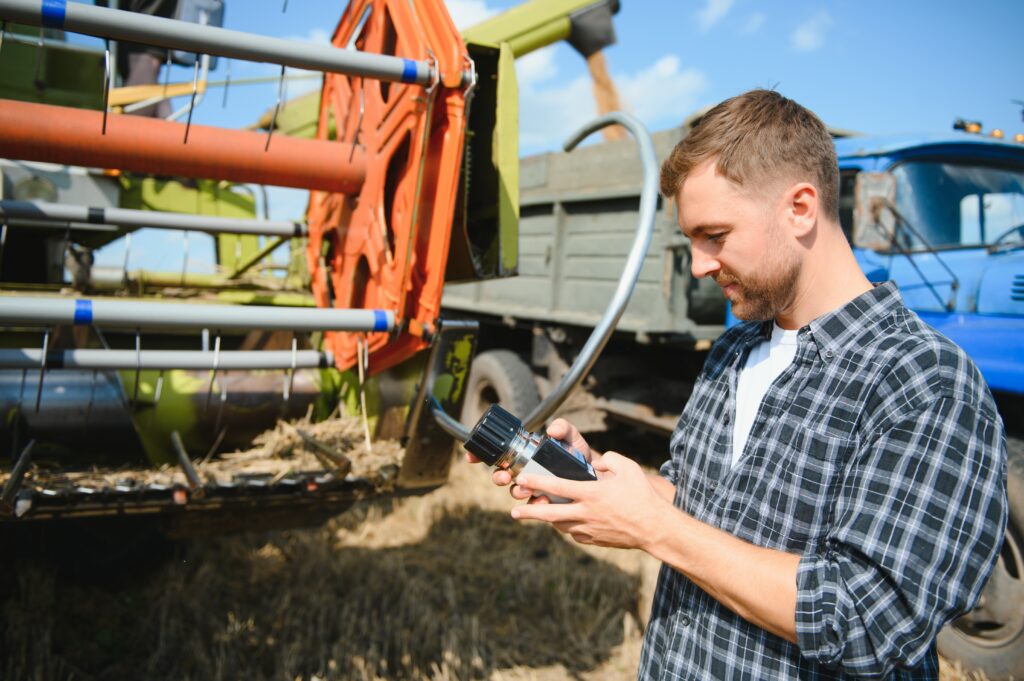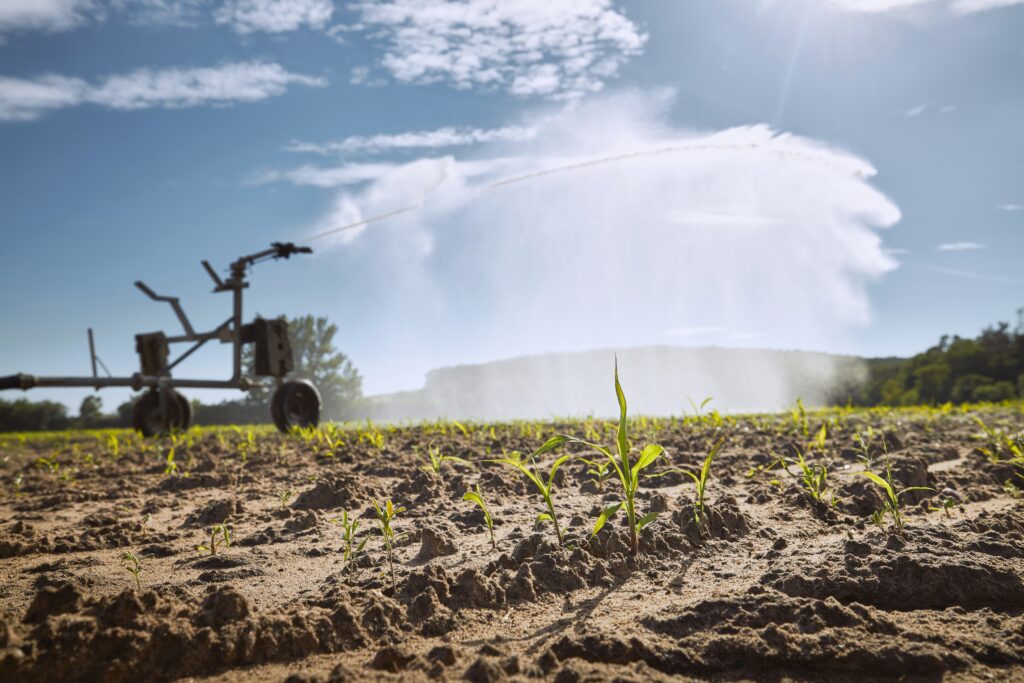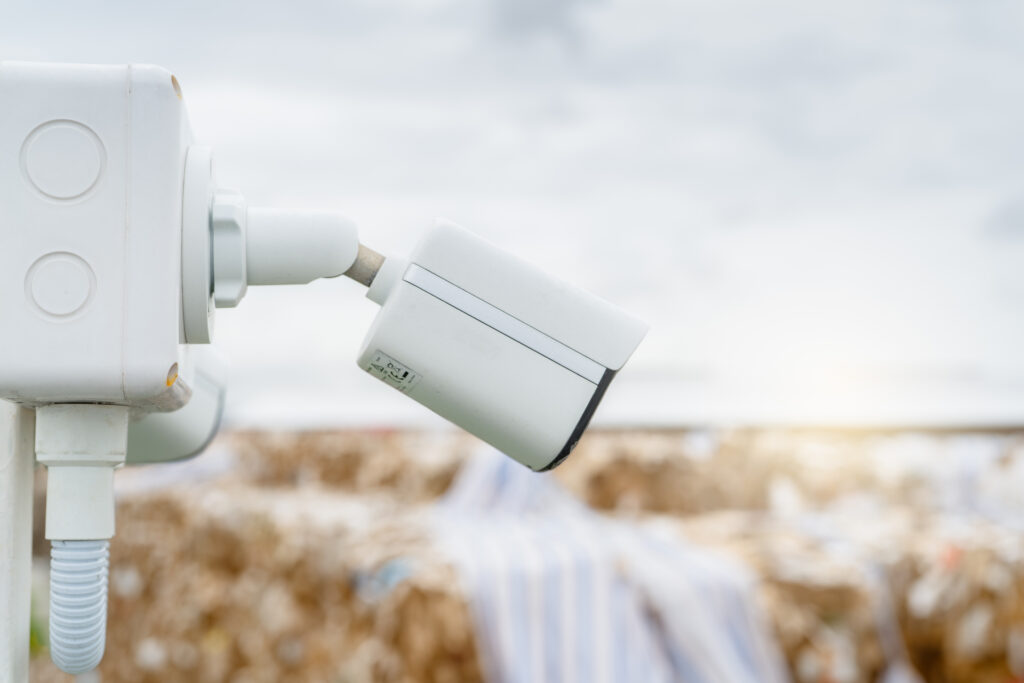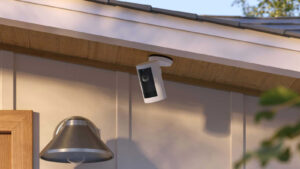Your Guide to Smart Farming & Agriculture
As smart technology continues to evolve, its applications are extending beyond buildings and into the agricultural sector. Smart farming, particularly in energy management, automation, and security is transforming traditional farming practices. For a smart technology business based in Michigan, exploring these innovations can open new avenues for farmers. Here’s a comprehensive guide to how smart farming technologies can revolutionize agriculture.

What is smart agricultural technology?
Smart agricultural technology, also known as precision agriculture, refers to the application of modern information and communication technologies to agriculture. This encompasses a variety of innovations such as GPS-guided tractors, automated irrigation systems, soil sensors, and more. By using data from sensors and other digital tools, farmers can monitor soil moisture, crop health, and weather conditions in real time, allowing for more precise application of water, fertilizers, and pesticides.

Energy Management
Energy management is crucial for sustainable farming operations. Implementing smart energy solutions can help farmers reduce costs and minimize their environmental footprint.
- Solar-Powered Systems
Investing in solar panels can provide a renewable energy source for powering farm equipment, irrigation systems, and storage facilities. Solar power reduces dependency on grid electricity and lowers energy costs in the long run. - Energy Monitoring Systems
Smart meters and energy monitoring systems track energy consumption in real-time. These systems provide insights into energy usage patterns, helping farmers identify areas where energy efficiency can be improved. By optimizing energy use, farmers can cut down on waste and reduce their carbon footprint. - Battery Storage Solutions
Integrating battery storage with renewable energy sources ensures a reliable energy supply even during periods of low solar activity. This is particularly beneficial for farms in Michigan, where weather conditions can be unpredictable.

Automation in Smart Farming
Automation streamlines farming operations, enhances productivity, and reduces labor costs. Key automation technologies include:
- Autonomous Tractors and Machinery
Autonomous tractors equipped with GPS and AI technology can perform tasks such as planting, harvesting, and weeding with minimal human intervention. These machines work efficiently and can significantly increase productivity. - Automated Irrigation Systems
Smart irrigation systems use data from soil moisture sensors and weather forecasts to deliver the right amount of water to crops at the right time. Automated systems ensure optimal water usage, promoting healthy crop growth and conserving water resources. - Robotic Systems for Crop Monitoring and Harvesting
Robotic systems equipped with advanced sensors and imaging technology can monitor crop health, detect diseases, and even perform harvesting tasks. These robots reduce the need for manual labor and increase the accuracy and efficiency of farming operations.

Security and Monitoring
Ensuring the security of farm assets and monitoring crop health are critical aspects of modern farming. Smart security and monitoring systems offer numerous benefits:
- Surveillance Cameras
Installing high-resolution surveillance cameras around the farm provides real-time monitoring and recording capabilities. These cameras can deter theft, vandalism, and unauthorized access, protecting valuable farm assets. - Remote Monitoring and Alerts
Smart security systems with remote monitoring capabilities allow farmers to keep an eye on their property from anywhere. Integrated with mobile apps, these systems send alerts in case of suspicious activities, enabling prompt action. - Fire Detection
IC Realtime’s security camera designed for fire detection uses advanced thermal imaging technology to identify and alert users of potential fire hazards. These cameras are particularly beneficial in agricultural settings, as they can monitor large crop fields and detect early signs of fire, thereby helping to prevent extensive crop damage and loss. - Air Quality Monitors Air monitors for greenhouses are essential tools that track and manage the environmental conditions within the greenhouse, including temperature, humidity, carbon dioxide levels, and air quality. By providing real-time data and alerts, these monitors help ensure optimal growing conditions for plants, leading to improved crop health and yield.
Let’s Wrap This Up Like a Hay Bale
Smart farming technologies in energy management, automation, and security/monitoring are reshaping the agricultural landscape. For a smart technology business in Michigan, embracing these innovations can create new opportunities to support local farmers and enhance agricultural productivity. By investing in solar-powered systems, autonomous machinery, and advanced security solutions, farmers can achieve greater efficiency, sustainability, and profitability. As technology continues to evolve, smart farming will play a pivotal role in the future of agriculture, driving progress and sustainability in the sector.


